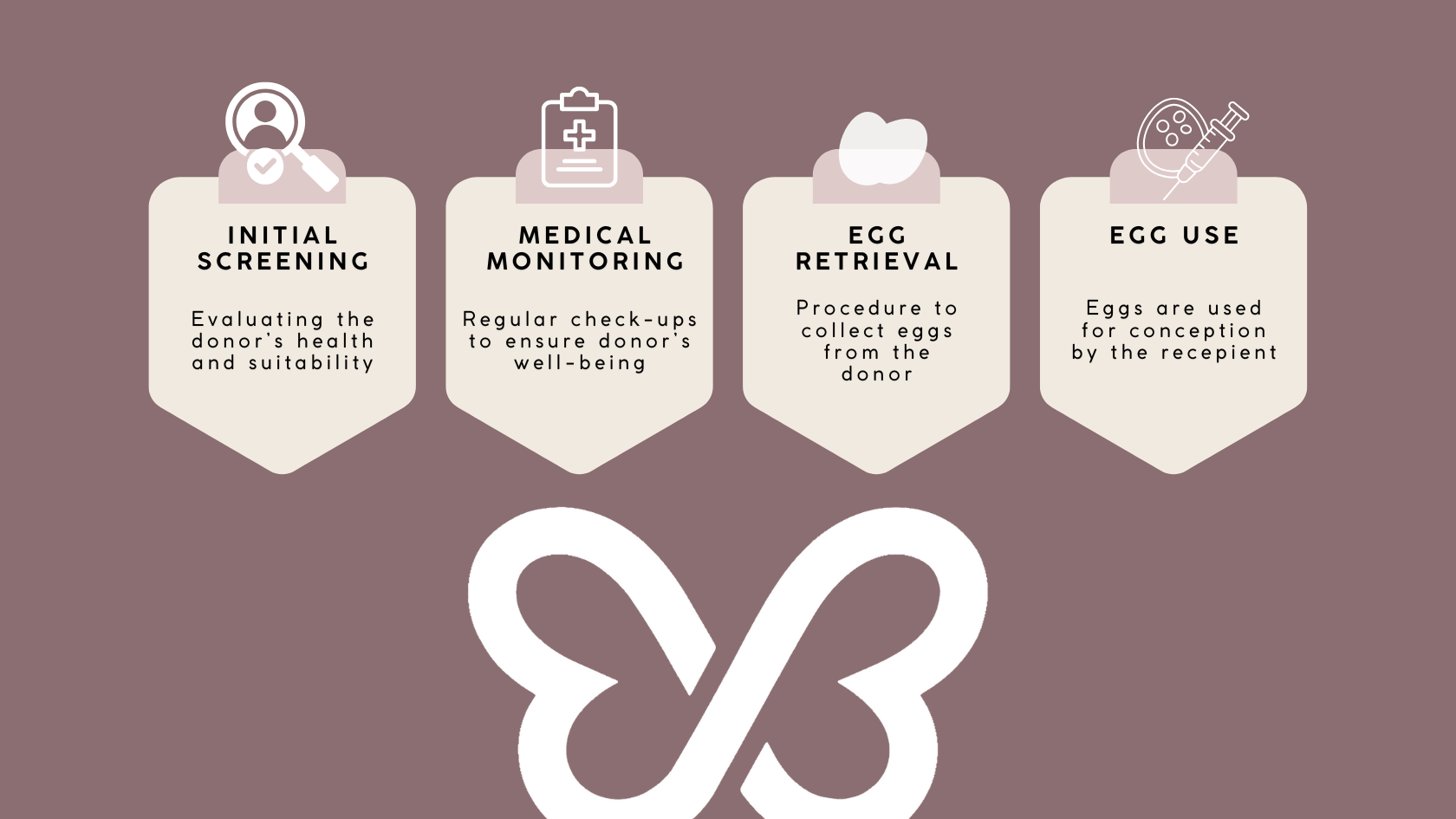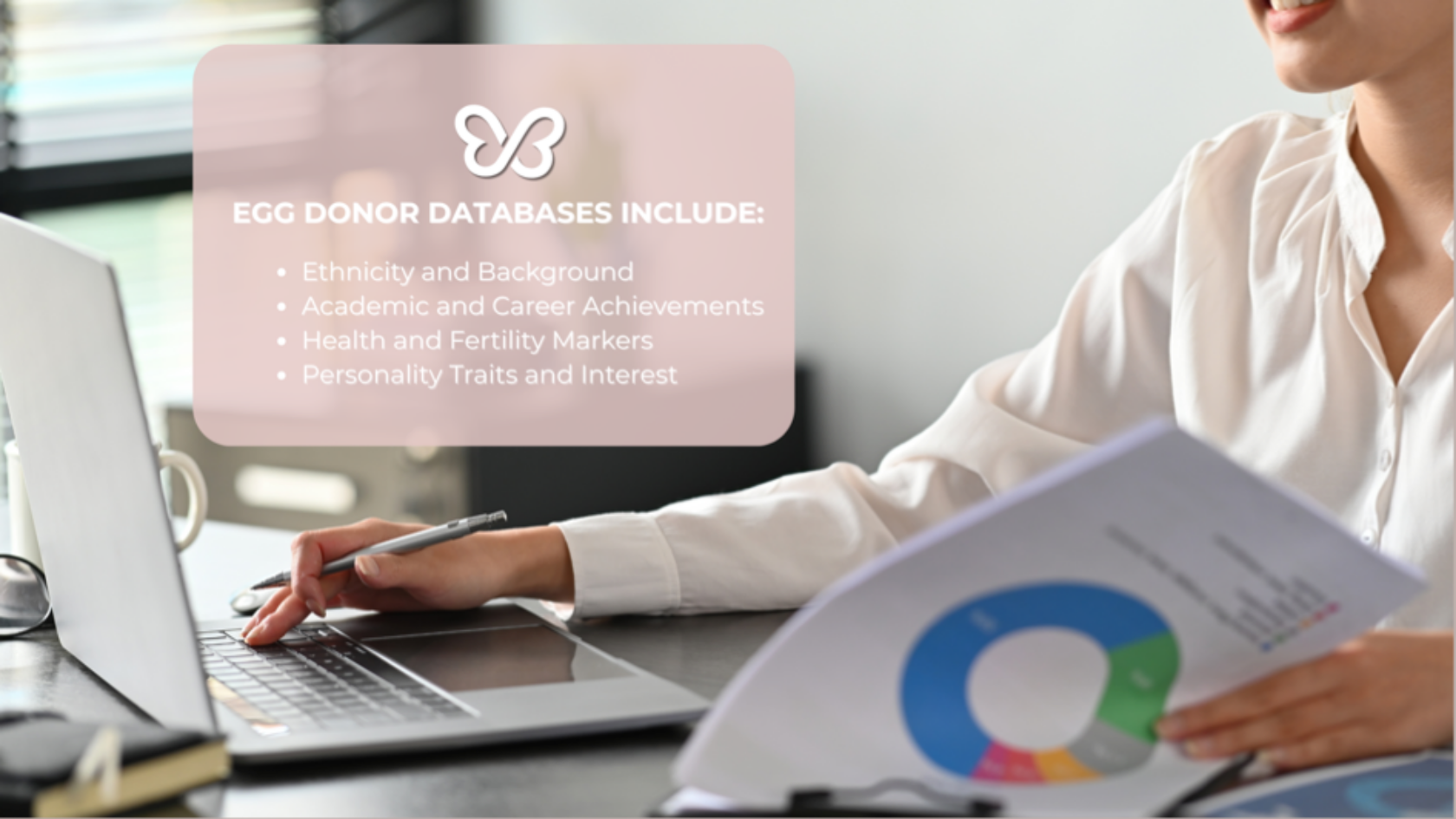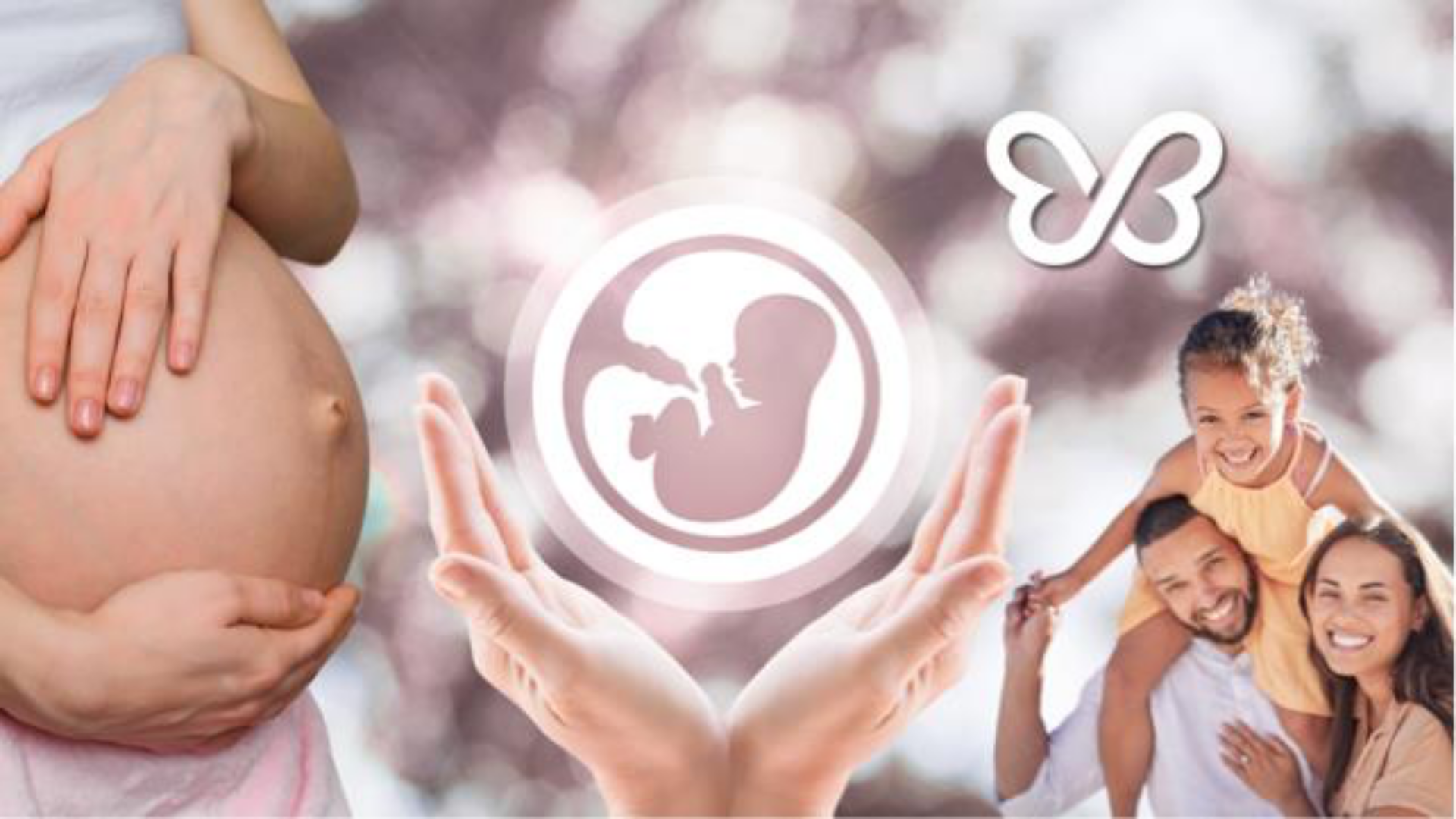Egg donation is a generous and life-changing act. Whether you’re considering becoming an egg donor or looking for one to help you grow your family, understanding the full process can bring clarity, comfort, and confidence. This guide walks through the egg donation process from both perspectives: egg donors and intended parents.
Who Can Benefit From Egg Donation?
Egg donation can be the key to parenthood for a wide range of people:
- Couples experiencing infertility
- LGBTQ+ couples who need donor eggs
- Single men or women who want to build a family
- Cancer survivors or those with medical conditions
- Families with known genetic disorders
Egg donation offers a hopeful path when traditional methods aren’t possible. It opens doors to growing families in ways that are inclusive and empowering.
How Does Egg Donation Work?
Egg donation involves a healthy individual donating her eggs so that someone else can use them to conceive. It requires careful screening, medical monitoring, and egg retrieval by a fertility clinic.

The eggs can then be fertilized and implanted into a recipient or stored for future use.
At SurrogateFirst and Egg Donor First, we support both sides of this journey, from the very first step to the day a new life begins.
How Long Does the Egg Donation Process Last?
The egg donation process typically takes about 6 to 10 weeks. Here’s a general timeline:
- Matching: 1 to 3 weeks
- Screenings: 2 to 3 weeks
- Cycle and retrieval: 3 to 4 weeks
Timelines can vary depending on whether you’re doing a fresh or frozen cycle and how quickly all parties are ready to proceed.
For Egg Donors: Step-by-Step Process
Application
Applying is simple and starts online. At Egg Donor First or SurrogateFirst, prospective donors complete a form sharing their background, health, and reasons for donating. If eligible, they move on to the next stage.
Screenings
Before being matched, egg donors undergo comprehensive evaluations:
- Medical testing: Bloodwork, hormone levels, genetic conditions
- Family and personal health history: A deep dive to ensure safety and transparency
- Psychological screening: Ensures emotional readiness and understanding of the process
Cycle
Donors begin a cycle with fertility medications that stimulate egg production. They visit the clinic regularly for monitoring and ultrasounds to track progress.
Retrieval
When the eggs are ready, a trigger shot is given. Around 36 hours later, eggs are retrieved during a short outpatient procedure performed under sedation. Most donors recover within a day or two.
Watch the full donor experience in this YouTube video.
For Intended Parents: Choosing an Egg Donor
Finding the right donor is a meaningful step, and SurrogateFirst guides you every step of the way.
Where to Search
Intended parents can browse donor profiles via Egg Donor First, a secure database offering full access to photos, medical history, education, and more.
What Are Egg Donor Databases?
These are digital platforms where you can filter donors by:
- Ethnicity and background
- Academic and career achievements
- Health and fertility markers
- Personality traits and interests

You can search at your own pace, or request help from our team to find a good match.
Frozen vs. Fresh Egg Donation
- Fresh donation involves matching directly with a donor for an exclusive cycle.
- Frozen eggs are already retrieved and stored, allowing for quicker timelines.

Each has its benefits. Fresh cycles may yield more embryos, while frozen options can move forward faster.
Communication Options
Some parents prefer an anonymous arrangement. Others want future contact or open identity. SurrogateFirst supports:
- Anonymous donation
- Semi-open communication
- Known donor agreements
All communication preferences are established and respected upfront.
Take the Next Step
Whether you’re ready to apply as an egg donor or begin your search as intended parents, we’re here to guide you.
Read more: What to Expect When Donating
Why SurrogateFirst?
At SurrogateFirst, we’re more than a matching agency—we’re your support system.
- Compassionate, personalized matching
- 24/7 access to dedicated case managers
- Legal and medical coordination
- Transparent pricing
- Emotional support for surrogates and for intended parents alike






